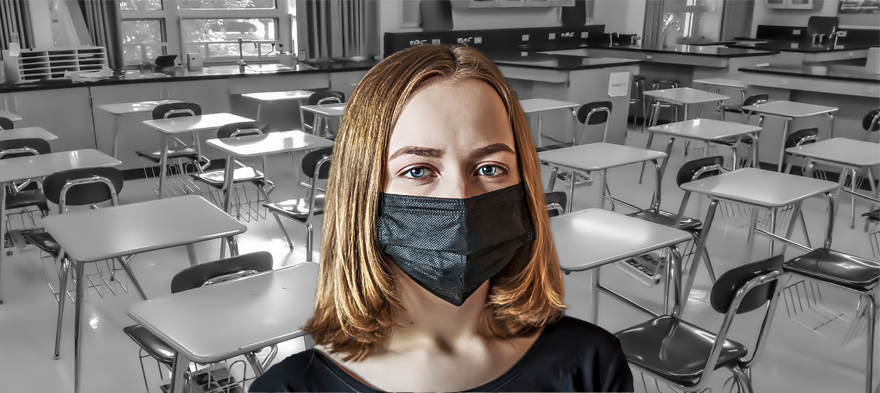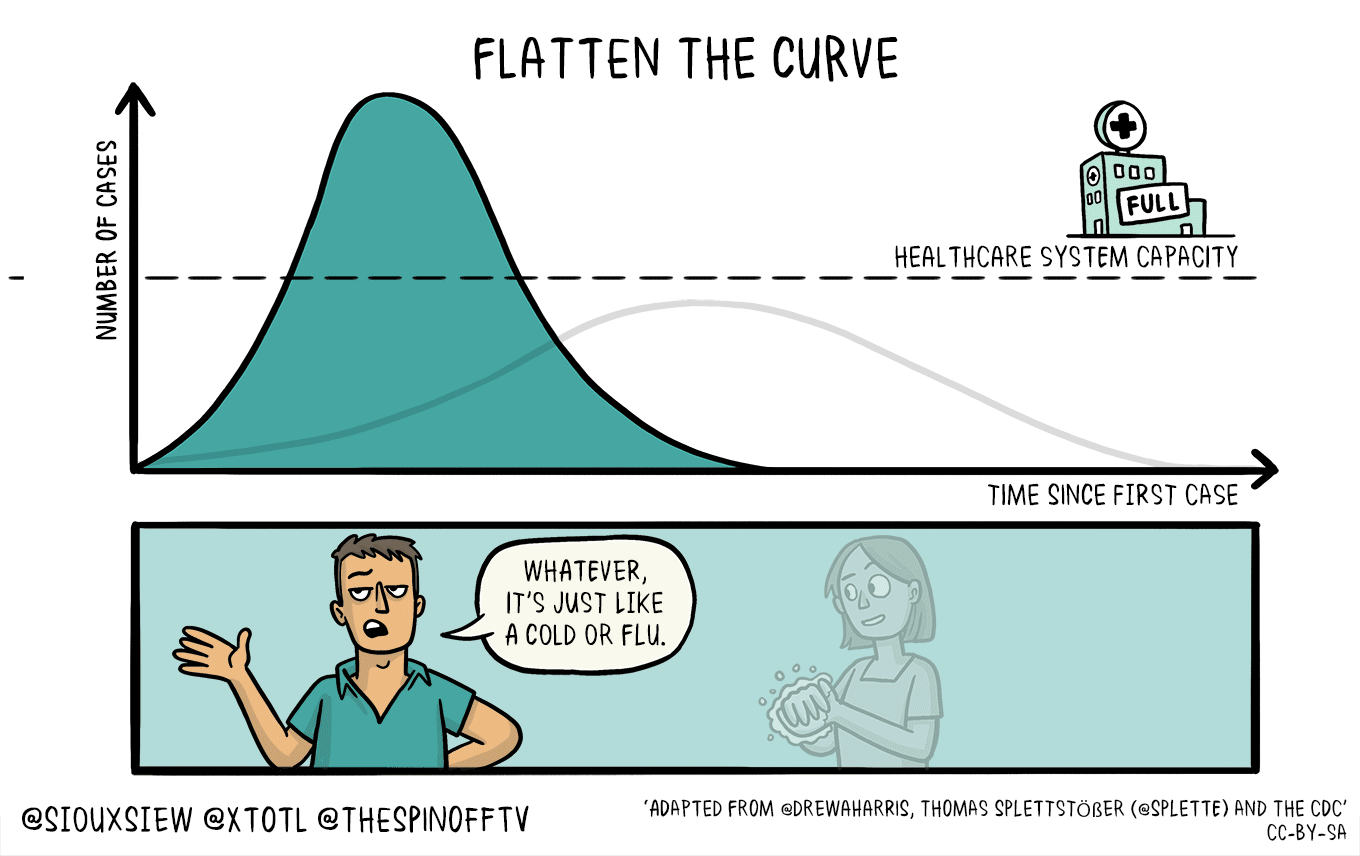
Mar 11, 2020 12:00:00 AM
This morning I read this article in the Atlantic about taking the COVID-19 virus seriously, and I have to say, the educator and parent in me is compelled.
Think of it like this: There was this king who was looking for a game to keep him busy and someone presented him with chess. The king loved it and wanted to present its inventor with a prize. He offered bags of gold, land, etc. But the inventor said “Oh no, I could never take something so extravagant. Please just put one single grain of rice on the first square of the chessboard and double it for each square after that.”
“So little?” the King asked. And the inventor agreed. Because he understood exponential growth. Spoiler alert: the last square ends up with 18,446,744,073,709,551,615 grains of rice (is that a quintillion?), more than the value of the King’s entire kingdom.
This apocryphal story is used to show how exponential growth works, and the phrase “the second half of the chess board” is referred to by futurists talking about how incremental increases in technology can seem to accelerate beyond our anticipation.
So let’s take this story and apply it to COVID-19. This virus may not be as deadly as others (though it’s hard to know before it hits) but the rising number of confirmed cases is alarming.

In the United States, the number of confirmed cases was just 15 less than a month ago. Now it’s over 800 with over 260 new cases within a 24 hour period. If patterns follow from China or Italy, it could easily be in the tens of thousands a month from now. Italy jumped from 800ish cases to 4000ish cases and then promptly shut the country down. And last week Japan shut down every school in the country.
The classic argument for not closing schools is one of feeding students who might not otherwise have meals. I am sympathetic to this. I faced food scarcity as a child and also had to choose when to close school as an administrator. [pullquote position="right"]The issues are complex. But we cannot let the complexity paralyze us.[/pullquote]
Teachers and building staff could, and I bet happily would, continue working during a shutdown to deliver meals to children in need. Classes can be taught online (instruction has already moved in that direction with google classroom and schoology, etc). Meetings can be had through email (like we always wished they would be). This can be done.
And if it can be done, it likely should be done. How many nursing homes have to get ravaged for us to decide this matters? Everyone’s older or immunocompromised loved ones will soon be in peril. We’re not even in the second half of this chessboard. Why don’t we stop before we get there?
Derek Davidson has spent the last 15 years as an educator in Texas, up and down the East Coast, and in Minnesota. He is a father, husband and chef who blogs about mental health, education and relationships at www.esotericderek.com.
Few issues in education spark more tension and debate than standardized testing. Are they a tool for equity or a burden on students? A necessary check on school systems or a flawed measure of...
Charter schools are public schools with a purpose. Operating independently from traditional school districts, they're tuition-free, open to all students, and publicly funded—but with more flexibility...
Despite the benefits of a diverse teaching force, prospective teachers of color fall out of our leaky preparation pipeline at every stage: preparation, hiring, induction, and retention. Here’s what...
Ed Post is the flagship website platform of brightbeam, a 501(c3) network of education activists and influencers demanding a better education and a brighter future for every child.
© 2020-2025 brightbeam. All rights reserved.
Leave a Comment